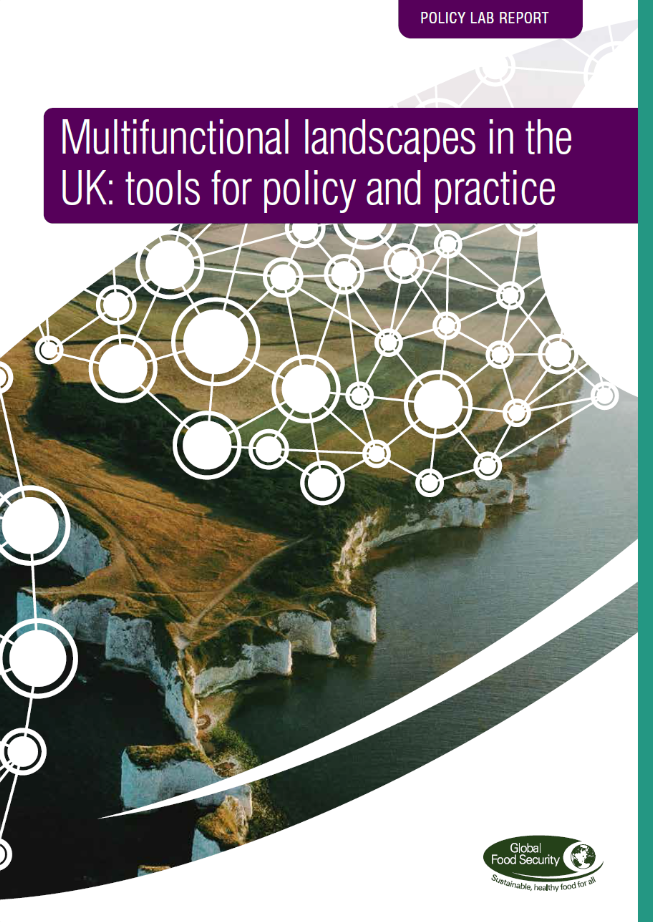Scientific rationale
Humans are an integral part of the natural world, ultimately dependent on a functioning biosphere and its constituent ecosystems and biodiversity for survival. At the most fundamental level, ecosystems create a breathable atmosphere and provide us with the food vital to our existence, as well as fresh water, fibre, fuel, and a host of other raw materials. They also provide pollination services and pest and disease control, nutrient cycling and nitrogen mineralisation, carbon sequestration and storage, and help to regulate our climate.
Ecosystem services are clearly essential to our survival; however there are a number of drivers that will only serve to increase pressure on ecosystems in the future. A growing population will mean greater competition for land from urbanisation, as well as increasing demand for food, water and energy. Climate change is predicted to have increased impacts over the coming decades, with extreme weather events and changing rainfall patterns impacting agriculture, flood control and many other services, both locally and nationally.
There are many complex interactions across ecosystem services, one way to frame these is to think about multi-functional landscapes – this nexus approach recognises the many services provided by the natural environment at the landscape level, and considers the win-wins and trade-offs across these. From the perspective of food security, this would consider how we deliver sustainable and healthy food, whilst maintaining the other ecosystem services on which this depends, as part of a multi-functional landscape. There is also the changing political environment to consider. Following the outcome of the EU referendum, there is an increasing need for evidence on what might replace the Common Agricultural Policy. A key consideration is the system of financial incentives needed to ensure positive outcomes for farming, the UK economy, health and the environment, and how we can maintain rural development and a thriving farming sector.
Policy Labs bring together early career researchers from different disciplines to scope a policy-relevant issue, with teams forming at the workshop and then competing to write a report for the GFS programme. The Global Food Security programme has led Policy Labs on sustainable nutrition (2016) and multi-functional landscapes (2017).





